Mobile media use in Kenya: Young men aspiring for a better life

Thomas Tufte, co-director of Ørecomm, shares his findings from research in Kenya, where he studied how smartphones and new media change lives of young Kenyans.
Stephen is 22 and lives in a small town not far from Eldoret, in Rift Valley in Western Kenya. He lives alone in a small rented room, neighbouring a mosque, not far from a large cereal mill and storage house. Maize is the main crop produced in the region, but that’s very far from Stephen’s business. He is a partner in a Digital Hub in town, where they offer computer courses, photo services i.e. for weddings, and a series of other IT-related services. Stephen also goes to the university in Eldoret, and he has big plans for future. He wants to be a part of and work with IT, and he is doing all he can to qualify for that. Besides having two computers in the Digital Hub, he proudly owns a tablet and three mobile phones. His mobile media are fundamental to him, both in terms of serving business purposes and being used for studying.
Stephen shows me self-produced videos of grandmother’s house in his village. He has ambitions on behalf of his home village: Stephen is committed to getting drop-outs back to school. So far he has managed to fundraise money to support education of three school drop-outs, yet he found many more with that need.
I met Stephen this November in Kenya, where I did fieldwork as a part of my current research project within Nordic funded project ‘Critical Perspectives on New Media and Social Change in the Global South’. We are 9 researchers conducting ethnographically oriented studies of different groups of people in the Rift Valley region. While we have a particular interest in how use of new media relates to citizen engagement, our project is ethnographic in its design and approach, and digs deep into the roles of new media in everyday life.
My focus in this part of fieldwork was on young men aged 19-27. Applying a life history methodology, I explored how lives of 16 young men have unfolded, where they have lived and their journey through life. I was trying to identify who and what are important to them, along with the values that guide them. In this context, I studied their media usage and how media plays – or doesn’t play – a role in their lives. And while Stephen is the entrepreneurial guy, many others are much more focused on sports and politics. They use their hugely prevalent WhatsApp groups, some Internet sites and mobile texting to navigate and negotiate identities; to engage in political debates around, for example, current corruption scandals; or just to bet on either local or often the international Premier League teams through SportPesa. However, those without smartphones can only use SMS service. This is the case for the Boda-Boda (local motorcycle taxis typically driven by young men) driver Peter, for whom having SMS contact with his customers is the life string of business.
Critical Perspectives project runs for 3 years, and we are about halfway now. In the course of 2016 we are pulling together a special issue of the Journal of African Media Studies, reporting more in detail on some of our findings. A book about the project and its themes will also be published.
Want to study how to analyze ethnographic field material within media and communication studies? All PhD students working with ethnography are invited to a 3-day PhD seminar in Eldoret, Kenya, organized in the frame of Critical Perspectives project. The course will contain a mix of lectures, paper presentations and group discussions based on the participants’ ethnographic research interests and written contributions. Find out more here.
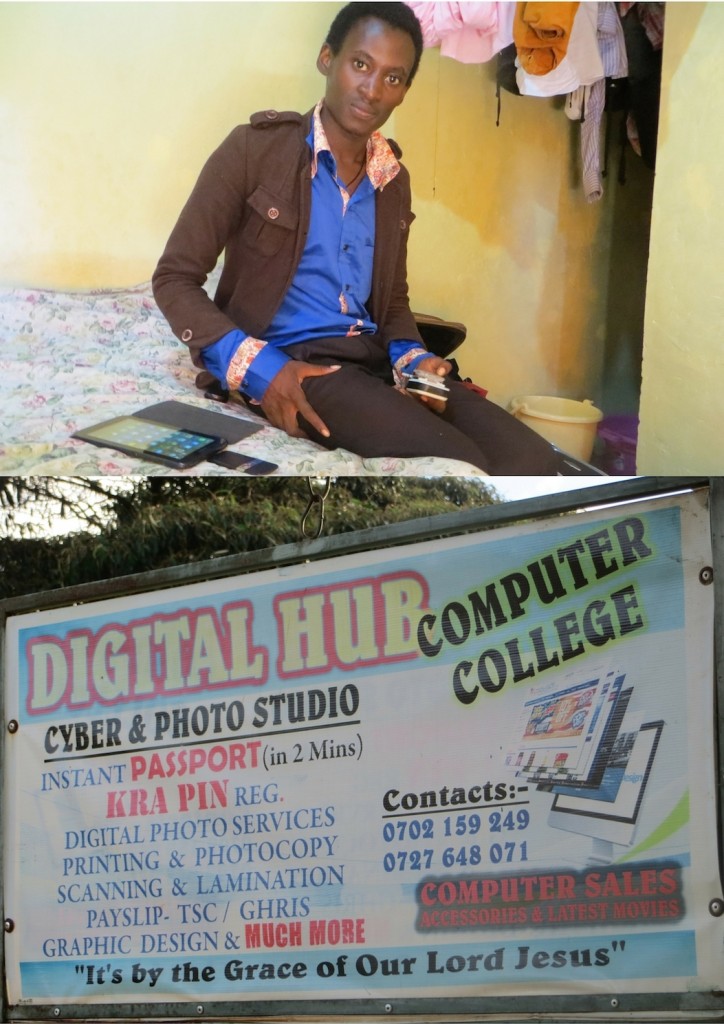
 New PhD opportunities at the University of Leicester
New PhD opportunities at the University of Leicester Call for Abstracts: New Directions in Media, Communication and Sociology (NDiMS) Conference
Call for Abstracts: New Directions in Media, Communication and Sociology (NDiMS) Conference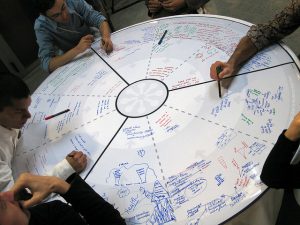 Ørecomm Team to Gather at the University of Coimbra
Ørecomm Team to Gather at the University of Coimbra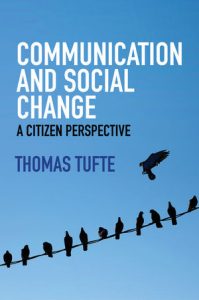 “Communication and Social Change – A Citizen Perspective” Published
“Communication and Social Change – A Citizen Perspective” Published C4D Network to Sum Up Global Communication for Development Practice
C4D Network to Sum Up Global Communication for Development Practice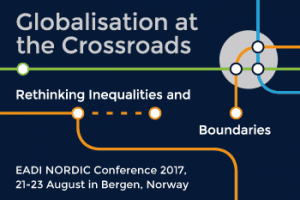 Entering Media and Communication into Development Conferences?
Entering Media and Communication into Development Conferences?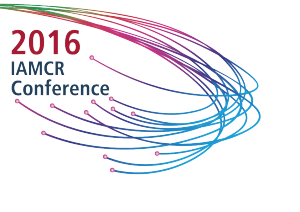 IAMCR Conference 2016: Communication for Development Highlights
IAMCR Conference 2016: Communication for Development Highlights Glocal Classroom Revisited – Storytelling & Social Change Leicester-Malmö
Glocal Classroom Revisited – Storytelling & Social Change Leicester-Malmö I EvalComDev International Conference: Call for Papers
I EvalComDev International Conference: Call for Papers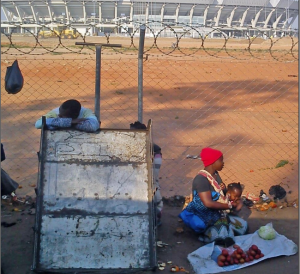 Looking for Media and Communication in Development Conferences: Devres 2016
Looking for Media and Communication in Development Conferences: Devres 2016